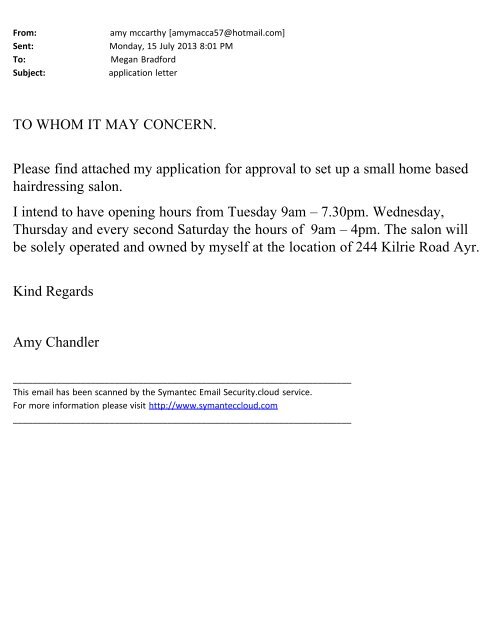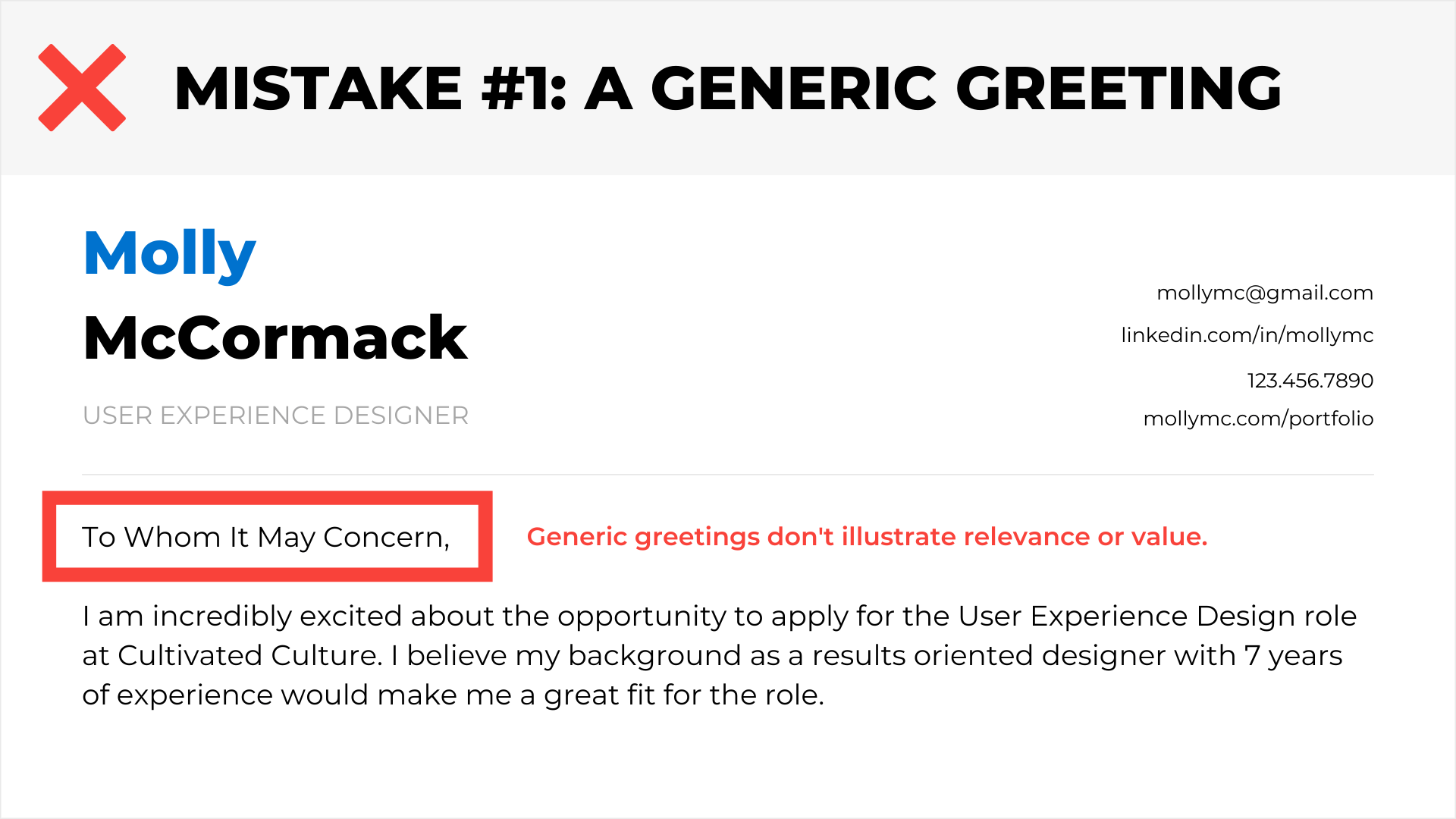

Or better yet, see if they can facilitate an introduction.” Do you have any connections that work at the company you’re applying to? Reach out to them and see if they can give you the name of the hiring manager or recruiter. Is the job featured in their posts? Oftentimes a hiring manager will spotlight an open position on their team.


She continued, “You might also search the company’s LinkedIn page. “From there you can search the company’s website for employees with that title or do a search on LinkedIn to see if you can find them that way.”Īnother smart option? Do some investigating on LinkedIn and make use of your connections. “Make sure to scour the job posting carefully for clues, such as the supervisor’s title,” says Piscitelli. So before you consider using a phrase that’s totally generic, do your homework-even if that means spending an extra half hour combing through the company’s website. According to career experts over at Glassdoor, this is why “To Whom It May Concern’ can “communicate apathy” or be discouraging for some recruiters. While there may be some hiring managers that find this standard, non-specific greeting appropriate, this isn’t typically the case-especially if you’re applying to a company that has easily accessible contact information online. They automatically stand out from the others from the very first impression.” “There are days when I’m looking through hundreds of applications, and if I see a cover letter addressed to me personally, I’m pleasantly surprised and I know that the candidate has done their research. “It could be seen as a bit lazy to some recruiters and hiring managers,” says Piscitelli. We turned to Kelly Piscitelli, Director of People & Experience at Gallery Media Group, for some insight and, as it turns out, there is one particular greeting that could lower your chances of standing out among other applicants: “To Whom It May Concern.”


 0 kommentar(er)
0 kommentar(er)
